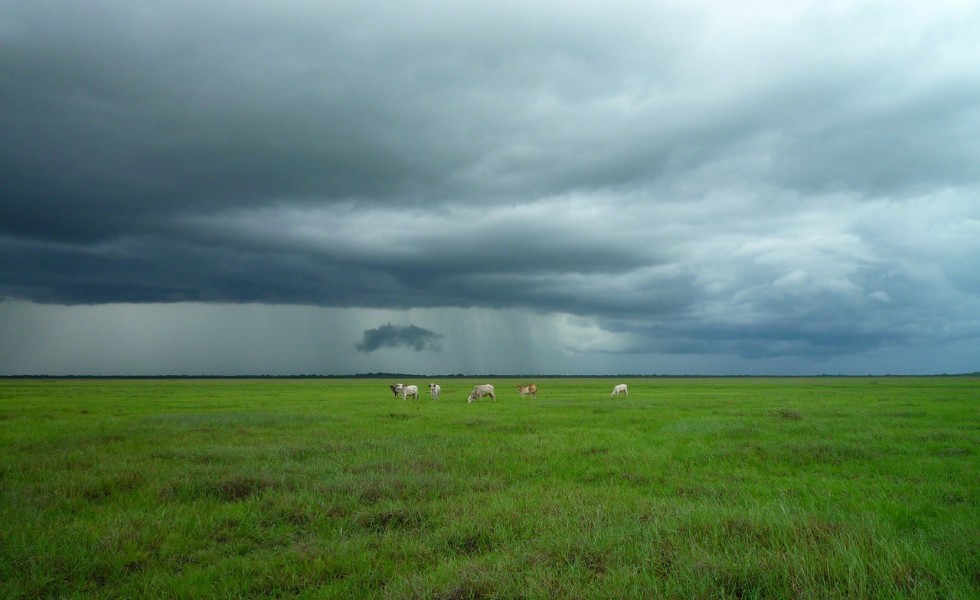Red, White, Blue, and Black
Posted on July 6, 2020

The first African American I really interacted with was not an American but was, in fact, an African. He was a Nigerian graduate student who served as a teaching assistant to the “discussion session” of a political science class I took at the Big U in 1973.
That I was nearly 20 years old before ever having a conversation with any person of color other than farm-tanned Lutherans says more about my upbringing in 1960s, rural southern Illinois than (I hope) me.
Back then, many rural towns in southern Illinois were “sundown” communities, meaning that it was illegal for anyone of color to spend the night in town. The deeply racist law didn’t need to be enforced; everyone knew it. Like many “traditions” of that age, though, it was buried in the cultural graveyard that became the 1960s.
The only time my father ever commented on race was the April 1968 evening Martin Luther King, Jr. was murdered in Memphis. His remark that night, too vile to repeat here, displayed a bigotry I had never heard from him before and, equally striking for me, I never heard from him again.
I do suspect, however, that he never forgot what he had said that night because 40 years later, in 2008, he smiled when telling me that he had voted for Barack Obama for president. It was the only time he ever told me who he had voted for.
Like most rural white Americans then and now, Dad spent most of his life in a sunshine-filled bubble of church, farm groups, and family friends that did not include one person who didn’t look like him.
Today, some call that a life of “white privilege.” He’d have scoffed at that assessment and likely would have asked exactly what part of getting up at 5 a.m. nearly every day for 40 years to milk 100 Holsteins was privileged.
Still, he was indeed privileged and race was at the heart of that privilege. He was educated at a Land Grant university, was never unemployed, always had a freezer filled with enough food to last months, he and his family never suffered any major illness or calamity, and always had health insurance if any did strike, and his biggest debt ever was to the local Ford dealer.
I am privileged, too, and my privilege can be most certainly described as white: I’ve spent my working life comfortably ensconced in an industry—agriculture—known for its deeply insular whiteness.
Except, of course, for the estimated 70 percent of all food produced by American agriculture that is planted, weeded, sprayed, harvested, milked, fed, butchered, packaged, carried, and stocked by the brown and black backs and hands of its largest, hardest working labor force.
And then there are the many U.S ag institutions, like the U.S. Department of Agriculture itself, that had to be court-ordered to stop systematic discrimination against minority farmers and ranchers.
That is my and my father’s shameful legacy; we learned early in our privileged, white lives to look away because that would make racism go away. And it did, for us.
For its victims, however, racism remained and continues to remain a daily outrage and, far too often, a life-threatening injustice.
No single person can fix or forgive this age-old sin. Each of us, however, can use our privilege to inform ourselves, and to speak up as well as vote against it, its hatred, and its inequality.
We owe that much—that little, really—to every American brother and sister regardless of race and creed.
© 2020 ag comm
Share This